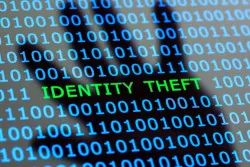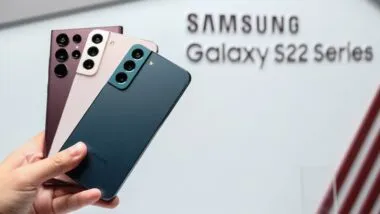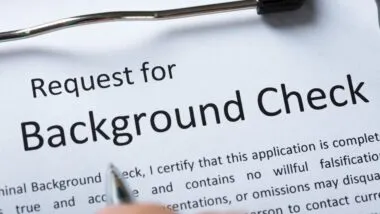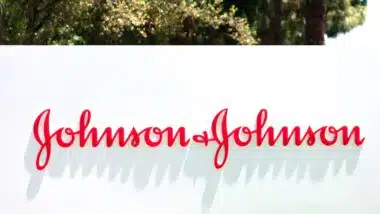 The consumer receipt laws known collectively as FACTA were put in place to protect consumers from fraud and identity theft. Knowing the specifics of FACTA consumer receipt laws strengthens the enforcement of the laws, protects consumer information, and may even result in financial compensation.
The consumer receipt laws known collectively as FACTA were put in place to protect consumers from fraud and identity theft. Knowing the specifics of FACTA consumer receipt laws strengthens the enforcement of the laws, protects consumer information, and may even result in financial compensation.
FACTA Basics
FACTA, also known as the Fair and Accurate Credit Transaction Act, was created to enforce blanket consumer receipt laws to protect credit and debit card information, thereby protecting consumer accounts and identities.
When it comes right down to it, FACTA consumer receipt laws are few in number and fairly simple. Despite this, many consumers do not know the specifics of FACTA consumer receipt regulations, which would help to enforce the laws and protect their own information.
The consumer receipt laws outlined in FACTA were first passed in 2003 and have been in full force since 2006.
FACTA credit card receipt laws are meant to prevent credit card and debit card information from falling into the hands of those who will use it for identity theft and fraud. Problems with identity theft and fraud are a growing concern across the country, and even if it is stopped quickly, it can be extremely complicated and harmful for consumers.
FACTA Consumer Receipt Laws
FACTA consumer receipt laws have two significant sets of rules, both revolving around the truncation (shortening or censoring) of credit or debit card information. First, consumer receipt laws allow only the last five digits of a credit or debit card number to be displayed on receipts. The rest of the digits in the card number must be censored. Fewer than five digits may be displayed, if those digits are located in the last five spaces. For instance, since credit card numbers are naturally divided into 4-digit segments, many businesses choose to censor everything but the last four digits.
FACTA further requires that no portion of a card’s expiration date be printed on a receipt.
Any machine-printed receipts are subject to these FACTA identity protection rules. This applies to most receipts, as very few businesses still use hand-written receipts.
If these rules are not followed exactly, businesses have committed a FACTA violation that may be penalized. In many cases, one machine that does not comply with FACTA law can affect hundreds or even thousands of customers at one time. This means that reporting a violation of FACTA consumer receipt laws can help not just you, but hundreds or even thousands of other consumers as well.
FACTA Lawsuits
FACTA offers awards of up to $1,000 per violation of FACTA identity protection rules. This award is from the FACTA violation itself, and does not require having actually been injured by identity theft or another problem. Large businesses who have printed thousands of FACTA non-compliant receipts may be heavily penalized for breaking these important consumer receipt laws, given that each violation may cost them up to $1,000.
Proving that a business violated FACTA consumer receipt laws is fairly simple. Take note of whether or not your receipts follow FACTA regulations for both card numbers and expiration dates. If they do not, then you may be able to file a FACTA lawsuit against the business at fault.
Free FACTA Class Action Lawsuit Investigation
If you made one or more purchases and the retailer provided you with a receipt that contained more than the last five digits of your credit or debit card number or the expiration date, you may be eligible for a free class action lawsuit investigation and to pursue compensation for these FACTA violations.
ATTORNEY ADVERTISING
Top Class Actions is a Proud Member of the American Bar Association
LEGAL INFORMATION IS NOT LEGAL ADVICE
Top Class Actions Legal Statement
©2008 – 2026 Top Class Actions® LLC
Various Trademarks held by their respective owners
This website is not intended for viewing or usage by European Union citizens.














